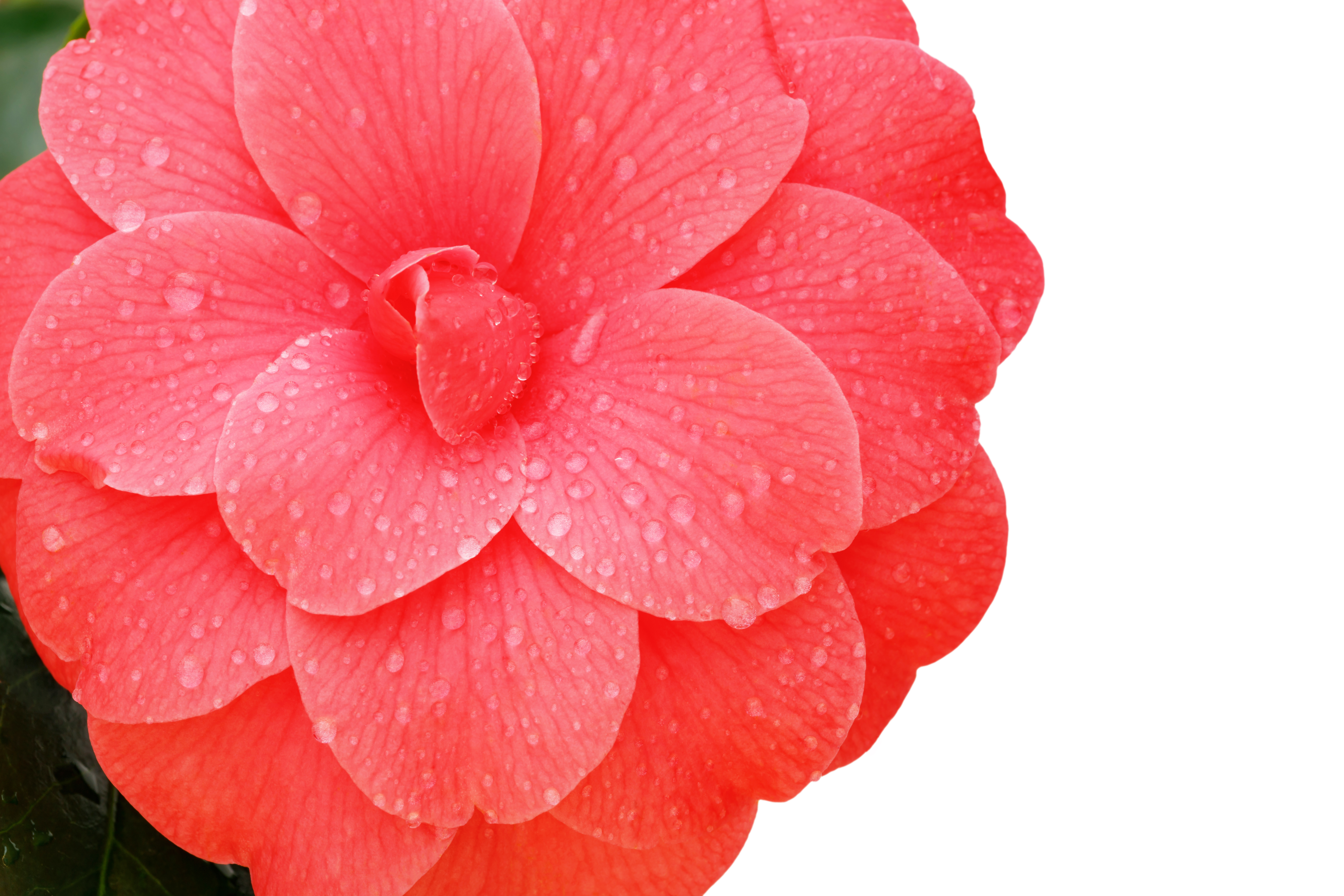Vaginal lubricants might not seem like a relevant topic for younger women. But young ladies are experiencing vaginal dryness, too. And the logical and easy solution is to reach for a vaginal lubricant. But these can actually be damaging to a woman’s health. So, if you tend to use vaginal lubricants for greater comfort and ease, keep reading.
Aviva Romm, M.D., is a Yale-trained physician, as well as a strong advocate for women’s health. And if you ask her, it’s time to eschew these harmful products.
That’s because the FDA doesn’t regulate all the ingredients used in vaginal lubricant formulas Some of these ingredients include glycerin, petrochemicals and parabens, all of which pose health risks to women and their partners.
Here are three specific ways vaginal lubricants disrupt a woman’s vaginal and reproductive health:
Vaginal lubricants dry the vaginal tissue
Contrary to what they’re supposed to do, the glycerin in lubricants actually draws moisture out of vaginal tissue. This is a something called osmolality. And dryness can lead to damaged tissue. This in turn leaves a woman more vulnerable to sexual transmitted infections, such as bacterial vaginosis, HIV and herpes.
Vaginal lubricants disrupt pH levels
The vaginal area has a delicate pH balance, and lubricants can change this and make it possible for harmful bacteria to overtake the area. This can lead to yeast and vaginal infections, and in some cases, with fertility, too.
Vaginal lubricants contain endocrine disruptors
The parabens in vaginal lubricants can actually disrupt a woman’s endocrine system. And this can lead to lots of hormonal issues including fibroids, endometriosis, fertility and even breast cancer.




